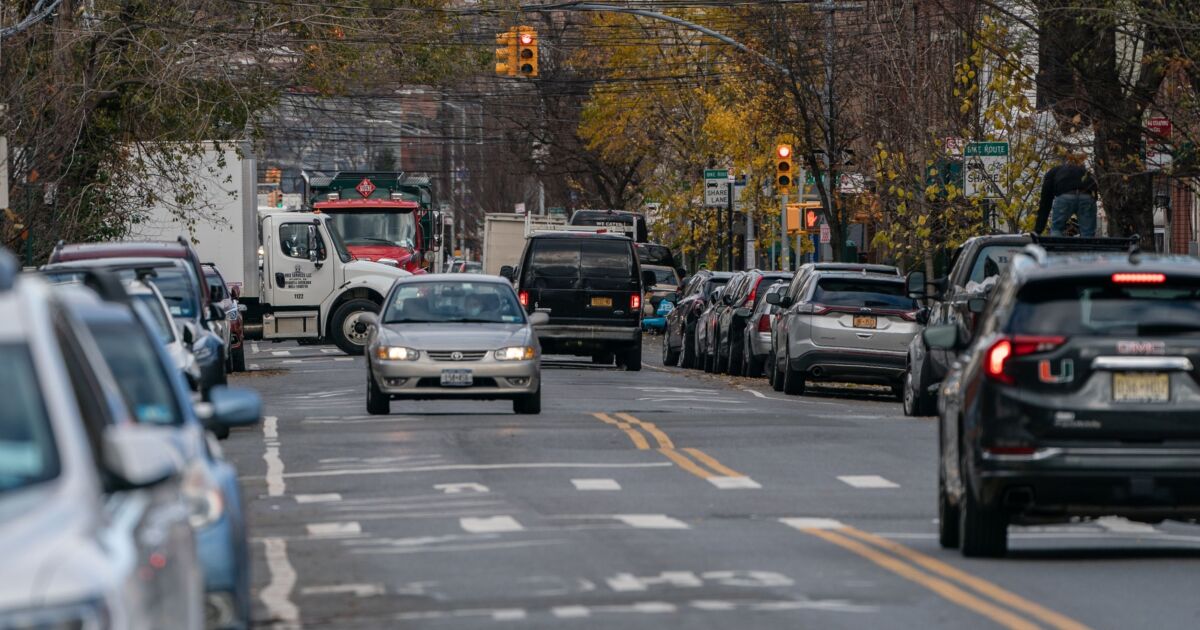Drivers concerned about rising car costs including insurance, Jerry report

American drivers are interested in electric vehicles, the potential of autonomous vehicles and returning to their pre-pandemic driving habits but many are also concerned about the rising costs of car ownership and insurance, according to the 2022 State of the American Driver Report from Jerry, a car ownership insurtech.
About a third of respondents believe they will never drive an EV in their lifetimes but half expect to within the next 10 years, according to the survey results. The report analyzed data from 1,250 respondents, it was conducted using Survey Monkey in Dec. 2021. The respondents included people, 16 to 75 years old, who drive at least once a week.
Millennials are the most eager to go electric, followed by Generation Z, which also believes they will have access to autonomous vehicles in the next five years. However, 40% of respondents said they expect to never use an autonomous vehicle. The reason for the EV interest is mostly motivated by money.
Lakshmi Iyengar, a data scientist at Jerry, said Americans were shocked by the pandemic-related impact on car buying, selling and driving costs.
“Americans experienced sticker shock when shopping for new and used cars in 2021, and no relief is in sight this year,” Iyengar said. “This raises the total cost of car ownership and creates the need to cut costs elsewhere. Despite significant EV interest due to expected cost savings, consumers likely won’t find immediate cost reductions when buying an EV. That may come over the next 10 years as technology and charging infrastructure mature.”
Additionally, the report identified that some men are paying slightly more for insurance than women. However, when looking at driving age and gender, related to insurance costs, women paid more in most states than men in all but Generation Z.
States on the East Coast, including New York ($355), Maryland ($247), Delaware ($242) and New Jersey ($241), were the most expensive, on average, for car insurance, while Vermont ($87), Wisconsin ($90), Idaho ($91) and Oklahoma ($92) were the least expensive states for car insurance, Iyengar told Digital Insurance.
“Insurance carriers may not find this surprising given that the most expensive states are likely more densely populated and have more drivers on the road, which could be associated with risk of accidents,” Iyengar says. “Last year, insurance carriers offered short-term discounts to account for changing driving habits during the pandemic. At the end of 2021, we saw those discounts falling off, which will likely increase average cost for car insurance in 2022 for drivers. But not all workers are hitting the roads again.”
Twenty percent of respondents said they will be driving less in 2022 than they did pre-pandemic. However, a majority, 69%, said they would return to their pre-pandemic driving amounts.
Additional findings to note include the following:
More drivers expect to sell cars in 2022 than in 2021 using digital platforms like Autotrader and Facebook marketplace, amongst others.Half of those surveyed chose to drive instead of fly in 2021, a little under half, 44%, said they intend to return to air travel this year.Half of the respondents have never used ride-hailing services like Uber and Lyft. Nearly a third, 72%, of Baby Boomers have never used a ride-hailing service compared to 58% of Generation X and 37% of Millennials. People in western states seemed to use the services most frequently.Only one in 10 respondents reported that they drive an EV. Generation Z is most likely to have an EV at 18%, followed by Millennials at 11% and Baby Boomers with just 1%.Nearly half of respondents, 46%, rated themselves as great drivers.
“Insurers should expect to continue seeing customer interest in work from home or low annual mileage discounts in 2022, as driving habits remain impacted by COVID-19,” Iyengar says. “Additionally, we as an industry, cannot forget that shoppers for any product or service expect no more than a few clicks to complete a transaction. Customers are comfortable conducting the complete auto insurance transaction online and with no phone calls. Speed and simplicity are not optional.”







